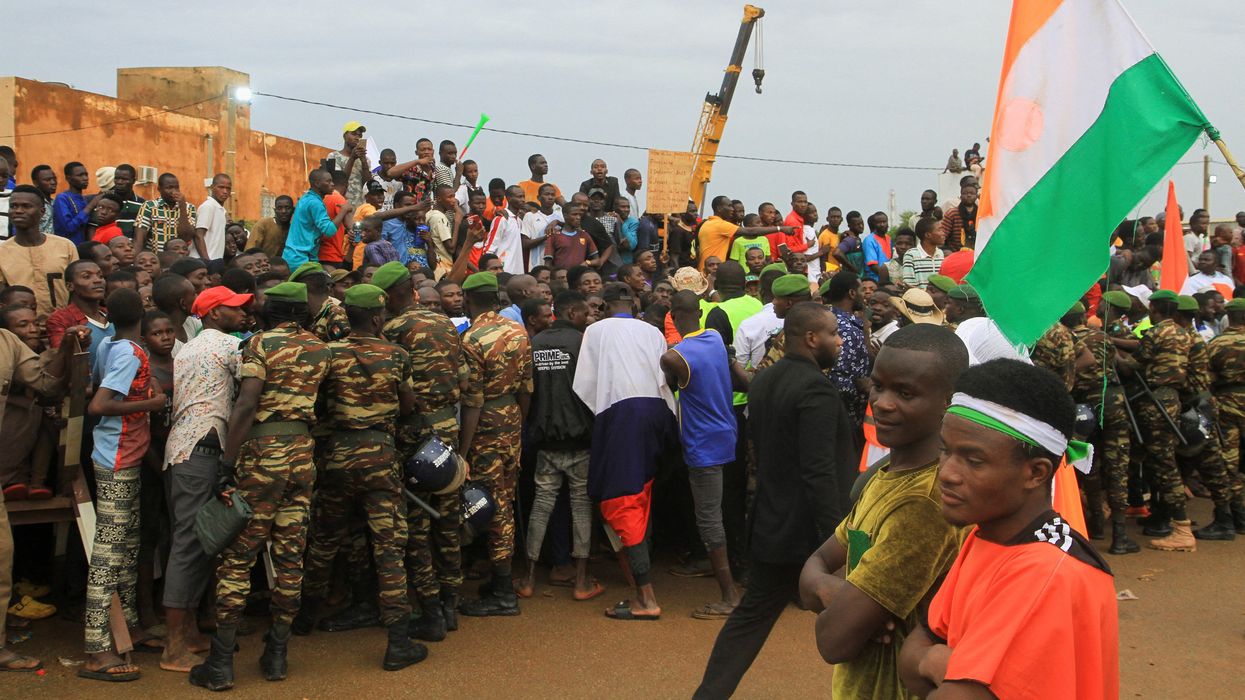What We're Watching
New African alliance bolsters military junta in Niger
In what could prove to be a major stumbling block to restoring democratic rule in Niger, on Saturday its ruling junta signed a mutual defense pact with the governments of neighboring Mali and Burkina Faso.
Sep 17, 2023


